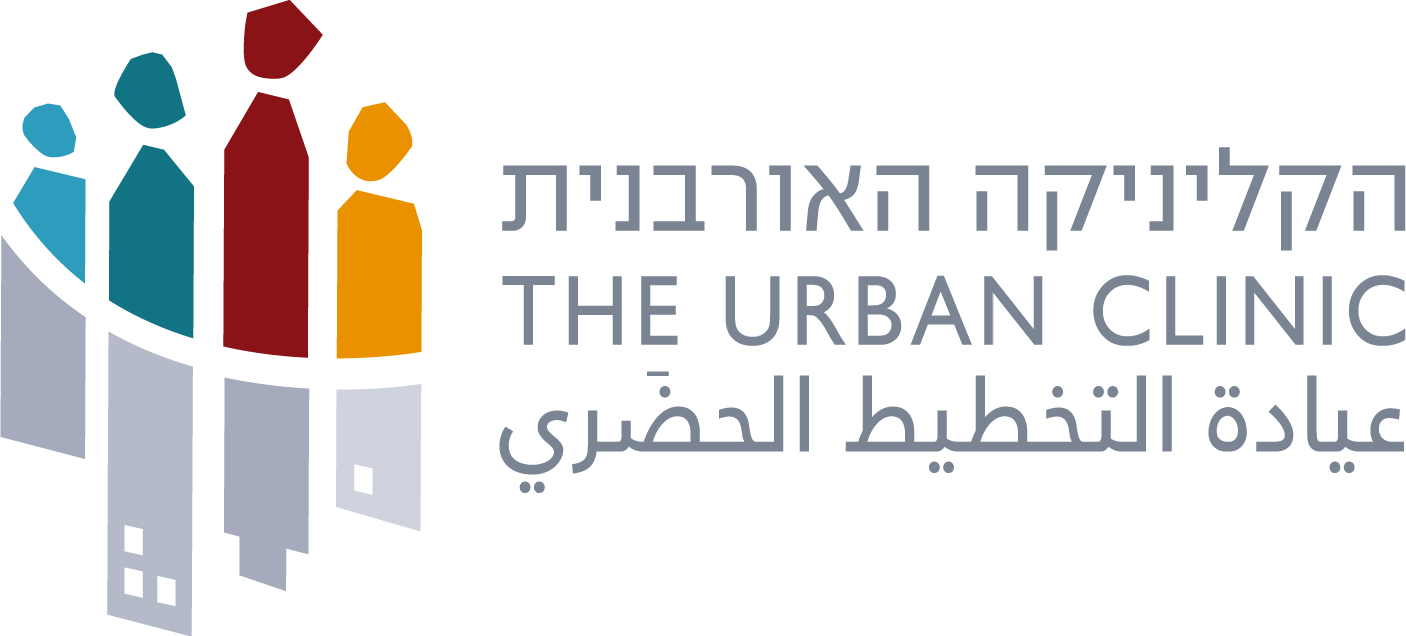Unique issues of planning within Haredi society have not been sufficiently researched to date. The seminar papers and theses of Haredi students in the clinic therefore constitute a unique resource. Collecting and making this knowledge accessible can contribute to academics, planners, local authorities, and inspire new students in the field of urban planning.
Makor Baruch: A Journey Through Time in the Depths of Jerusalem's Haredization
A seminar paper by Efrat Greenberg
This research examines the unique transformations of Makor Baruch neighborhood in Jerusalem as a case study for "Haredi gentrification," uncovering its historical, religious, and planning layers. The neighborhood, originally planned for approximately 3,000 residents during the British Mandate, now houses around 9,000 without its boundaries expanding, which creates deep urban conflicts regarding transportation, parking, preservation versus development, and community infrastructure. This process is driven by an intense demand for housing near Haredi centers of interest, dramatically inflating real estate prices and necessitating creative, albeit sometimes partial, solutions for public and educational space shortages.
read the full seminar paper (in Hebrew) >>>
Challenges and Barriers in Public Participation Processes with Regard to the Haredi Community
A seminar paper by Efrat Greenberg
This study delves into the unique challenges and barriers in public participation processes concerning the Haredi community in Israel, a topic gaining momentum in democratic societies but facing significant implementation difficulties. It reveals how knowledge and cultural gaps, coupled with a detachment from digital platforms and the influence of community leaders, create immense complexity and necessitate fundamental adaptations in participation methods. The findings, based on in-depth interviews with officials, point to frustration with lack of success and mutual distrust, underscoring the urgent need for innovative approaches and robust bridge-building to foster effective participation.
read the full seminar paper (in Hebrew) >>>
Barriers to Urban Renewal in the Haredi Sector
A seminar paper by Nati Rabinovitch
In Israel, the housing crisis demands creative solutions, with urban renewal seen as a vanguard – but why does it face unexpected difficulties in the Haredi sector? This research delves into the unique labyrinth of barriers hindering these projects, from halakhic prohibitions and planning/economic complexities, to deep fears of changing community character and distrust in the system. The study reveals the urgent need to build trust, adapt solutions to Haredi culture and lifestyle, and fully involve community leaders to overcome these obstacles and provide adequate responses to the escalating housing shortage.
read the full seminar paper (in Hebrew)>>>
Gray Spaces in the Haredi City: Conversion of Underground Parking Lots for Commerce
A seminar paper by Shulamit Monsonego
This research delves into the fascinating phenomenon of converting underground parking lots into commercial and employment spaces within Israel's Haredi neighborhoods, a practice termed as "gray spaces" that operates beneath the urban surface. The work reveals how an acute communal need for accessible and affordable livelihood, housing, and commercial solutions, alongside a unique social structure and lax enforcement by authorities, fuels the creation of a niche market tailored to the Haredi lifestyle. The findings offer critical insights into the challenges of modern urban planning, emphasizing the growing need for regulatory flexibility and creative approaches to balance the needs of distinct communities with public order.

